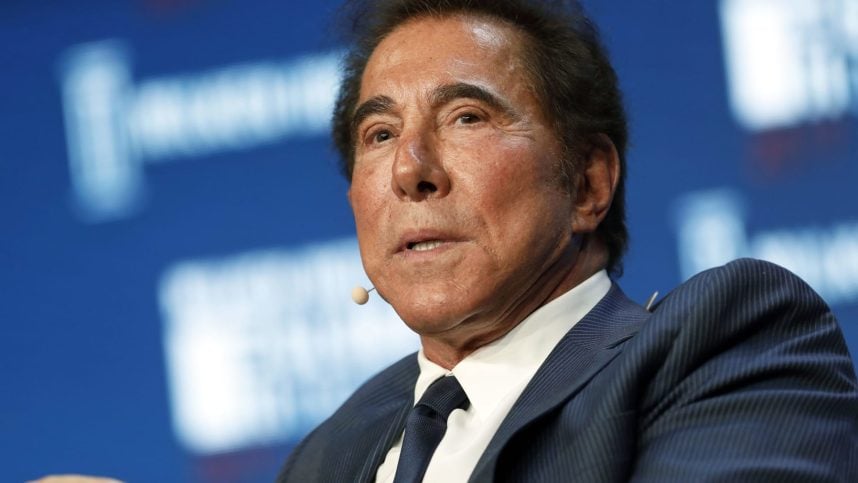Nevada’s highest court has once again rejected a defamation case brought by casino tycoon Steve Wynn against the Associated Press. A seven-judge panel of the Nevada Supreme Court cited the state’s anti-SLAAP laws when it upheld a February decision that rejected the lawsuit. The new ruling brings the case to an end.
 Steve Wynn, above, argued the Associated Press should have known a woman’s claims against him for false because many of them were far-fetched. (Image: The Atlantic)
Steve Wynn, above, argued the Associated Press should have known a woman’s claims against him for false because many of them were far-fetched. (Image: The Atlantic)The suit stemmed from a February 2018 AP news story that reported on a police statement made by a woman named Hulina Kuta who alleged sexual misconduct against the former Wyn Resorts chairman and CEO.
At the time, Wynn was facing of sexual misconduct toward female Wynn Resorts workers, which he continues to deny and for which he has never been prosecuted.
Kuta’s allegations turned out to be false, and in March 2020 a lower court judge determined she had defamed Wynn, awarding the billionaire $1 in damages.
‘Outrageous Claims’Wynn argued the AP story was libelous because some of Kuta’s claims were so outrageous that reporters should have known they weren’t credible. He also accused the news agency of omitting details that would have cast doubt on the veracity of her account.
The article reported Kuta’s false claim that Wynn had raped her in the 1970s and that she gave birth to their daughter in a gas station restroom.
In an given to Wynn’s lawyers later that year, Kuta also claimed that she had been the model for Picasso’s Le Reve, owned by Wynn at the time, which was painted 10 years before she was born. She alleged Wynn had stolen Le Reve and other precious artworks from her.
Kuta also said she had been married to Wynn in the 1960s and that she bore him other children, but she couldn’t remember their names.
What’s an Anti-SLAAP Lawsuit?Anti-SLAPP statutes are designed to prevent powerful public figures from suing in an effort to intimidate or silence critics and to protect news organizations that publish stories in good faith which they believe are in the public interest.
The Supreme Court panel of seven judges wrote in their ruling that Wynn needed to show “clear and convincing evidence to reasonably infer that the publication was made with actual malice.
The public had an interest in understanding the history of misconduct alleged to have been committed by one of the most recognized figures in Nevada and the article directly relates to that interest,” the panel determined.
Wynn resigned from the company that bears his name in 2018 after the publication of a Wall Street Journal article titled “Dozens of People Recount Pattern of Sexual Misconduct by Las Vegas Mogul Steve Wynn.”
In July, to pay Nevada gaming regulators $10 million to settle a complaint that these allegations had “harmed Nevada’s reputation and its gaming industry.” Under the settlement, which was not an admission of guilt, Wynn agreed to never again hold a position with a Nevada gaming company.


